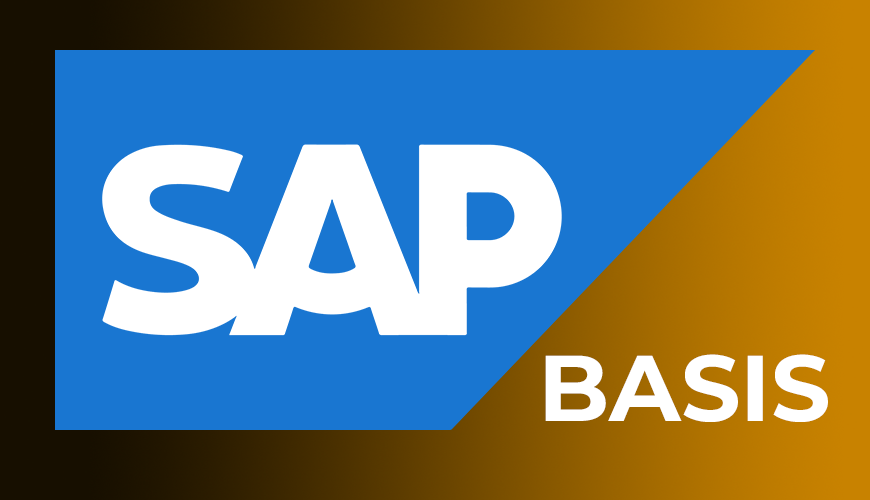In the intricate web of finance and investment, one beacon often stands out, guiding professionals towards mastery and excellence: the Chartered Financial Analyst (CFA) certification. This globally recognized title has transformed careers, augmented salaries, and enriched knowledge bases. But, as with most coveted treasures, the journey towards acquiring it involves dedication, perseverance, and a financial commitment. This article aims to decode the allure of the CFA certification and detail the “CFA course fees” that accompany this quest.
1. The Allure of CFA Certification
Endorsed by the CFA Institute, this certification isn’t merely a testament to your financial acumen; it’s an emblem of dedication, knowledge, and ethical commitment. Designed meticulously, the CFA program encompasses a plethora of subjects, culminating them into a cohesive curriculum aimed at nurturing world-class financial analysts and investment professionals.
2. The Tangible and Intangible Benefits
A. Global Recognition: With representation in over 160 countries, the CFA certification often acts as an international passport for finance aficionados, enabling them to work seamlessly across borders.
B. Holistic Knowledge: From derivatives, equity investments, to ethical and professional standards, the certification provides a panoramic view of the investment landscape.
C. Ethical Framework: At its core, the CFA program underscores the importance of ethics, ensuring that its charterholders uphold the highest standards of integrity in their professional endeavors.
D. Career Leverage: Often, employers place a premium on CFA charterholders, translating to better job opportunities, higher salaries, and rapid career progression.
3. The CFA Journey: A Three-Tiered Climb
The program is neatly segmented into three levels, each more challenging than its predecessor:
Level I lays the groundwork, introducing candidates to the basics of the investment tools, along with foundational concepts of portfolio management and finance.
Level II dives deeper, emphasizing the valuation of various assets and exposing candidates to intricate analytical techniques.
Level III ties everything together, focusing predominantly on wealth planning and portfolio management, ensuring candidates are adept at synthesizing their knowledge to practical scenarios.
These levels are rigorous, and on average, aspirants devote approximately 300 hours of study per level, although individual commitments can vary.





